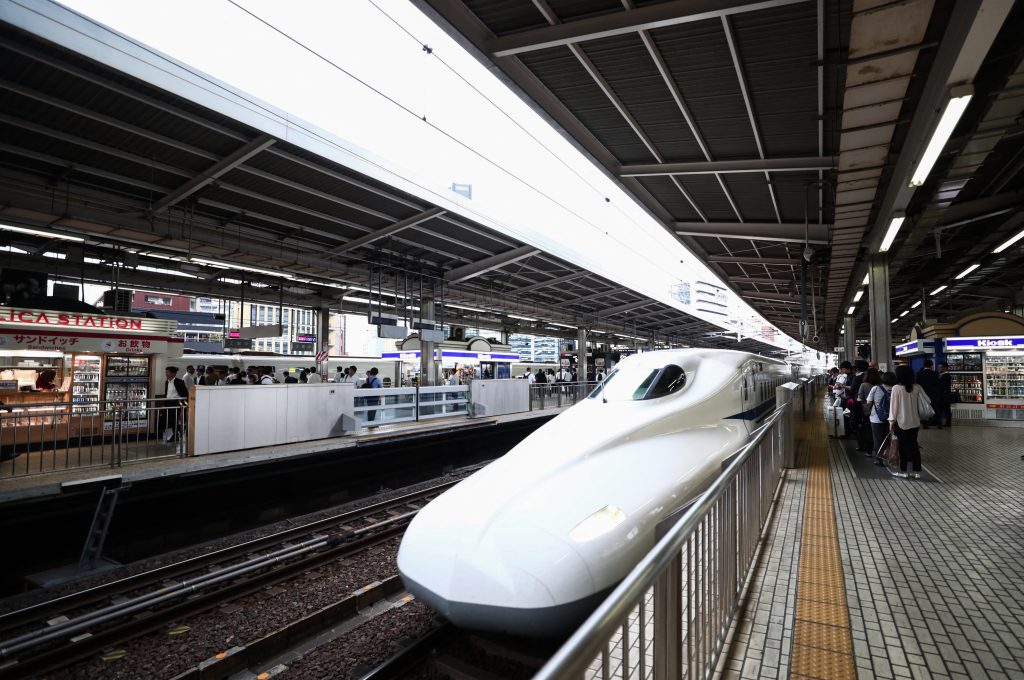
- ARAB NEWS
- 11 Jul 2025

Sakina Juzar
Travelers in Japan are leaving their journeys to chance, with popular mobile apps deciding destinations.
In July, West Japan Railway, known as JR West, released “Saikoro Kippu,” an app-based train ticket which picks destinations for users on the roll of a virtual dice.
This project is a step in the direction of bringing back travel demand, which was hit by a slump during a COVID-19 crisis.
The app issues a round-trip ticket, priced at 5,000 yen, including seven stations – some including Shinkansen train lines – as a possible destination. More stops include Shirahama Station in Wakayama Prefecture and Kurashiki Station in Okayama Prefecture, both in Western Japan.
In addition to feeding on to the thrill of unpredictability, the app is used as a strategic tool by railway operators and airlines to provide the incentive of affordability through 45 percent to 83 percent discounts on the trip, depending on the destination.
Tickets for this app require an application and will be sold for a limited period of time. The duration of the application will run through the end of September, with ticket sale demand already seeing an early rise.
Discussing the buzz, a JR West official says “we want users to enjoy the game-like aspect and cost performance.”
Additionally, East Japan Railway, or JR East, is set to release the “Dokokani Byun,” a round-trip ticket initiative in December.
With the JR East program, users can utilize reward points with the equivalent to 6,000 yen, by entering their travel dates and start locations. After that, they are provided four stations as candidate destinations out of 47 stations on the Tohoku, Hokuriku and other Shinkansen lines.
If the user likes the provided four stations, they can go ahead with applying for the trip, after which one of the four stations will be randomly chosen as the final destination.
This concept first gained traction after the “Tabikuji” program last summer, by low-cost airline Peach Aviation, under the wing of ANA Holdings, where users buy flight tickets without knowing the destinations.
Masami Morishita, professor at Toyo University specializing in travel industry trends, explains this popularity in terms of the pattern that many people are interested in traveling but find it a hassle to decide a destination.
“Random trips are attractive as they narrow down the options to some extent,” Morishita said.
She also added that such trips are a glimmer of hope aimed to slime new tourist demand, as they create opportunities users may not know much about.